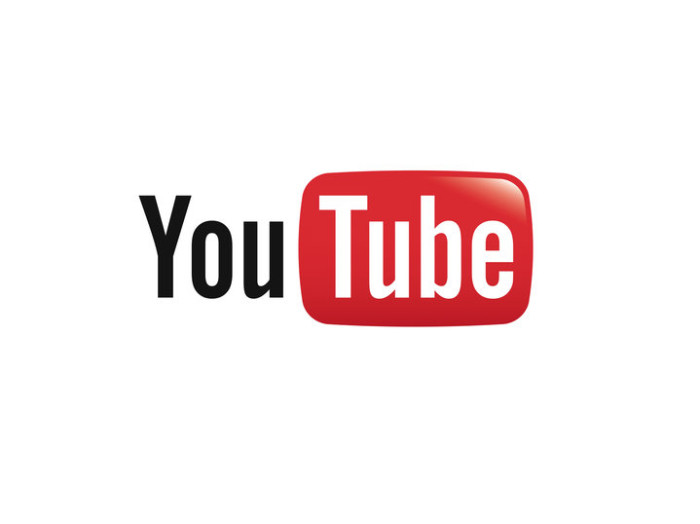Warner Bros. exposed for paying YouTubers to promote video game
David Farnor | On 13, Jul 2016
Warner Bros. has been called out by the Federal Trade Commission in the US for paying YouTubers to promote a video game.
YouTube has become a go-to hub for gamers, thanks to popular Let’s Play videos, as well as the regular unboxing and reviewing of new products. As a result, advertising regulators are becoming increasingly strict about transparency when it comes to promoted videos to protect younger, more susceptible audiences. With more and more companies turning to new media to promote products, clashes between advertising and disclosure are becoming more and more common.
In one of the most high-profile cases yet, the FTC revealed this week that it begun formal proceedings against Warner Bros. for deceiving consumers during a marketing campaign for the video game Middle Earth: Shadow of Mordor, by failing to adequately disclose that it paid online influencers, including the wildly popular “PewDiePie,” who has millions of subscribers.
The FTC’s complaint stems from a late-2014 campaign designed to generate buzz for the PS3 and Xbox 360 game, loosely based on The Hobbit and the Lord of the Rings trilogy. According to the complaint, during the campaign, Warner Bros. (through its advertising agency Plaid Social Labs, LLC) hired online influencers to develop sponsored gameplay videos and post them on YouTube.
Warner Bros. paid each influencer from hundreds to tens of thousands of dollars, gave them a free advance-release version of the game, and told them how to promote it, according to the complaint.
Crucially, the FTC contends that Warner Bros. required the influencers to promote the game “in a positive way” and “not to disclose any bugs or glitches they found”. However, the FTC alleges that Warner Bros. failed to require the paid influencers to adequately disclose this fact. Warner Bros. allegedly did not instruct the influencers to include sponsorship disclosures clearly and conspicuously in the video itself, where consumers were likely to see or hear them. Instead, according to the complaint, Warner instructed influencers to place the disclosures in the description box appearing below the video. Because Warner Bros. also required other information to be placed in that box, the vast majority of sponsorship disclosures appeared ‘below the fold’, visible only if consumers clicked on the “Show More” button in the description box.
In addition, when influencers posted YouTube videos on Facebook or Twitter, the posting did not include the video description, making it even less likely that consumers would see them.
The complaint also alleges that in some cases, the influencers disclosed only that they had received early access to Shadow of Mordor, but failed to disclose that Warner Bros. had paid them to promote the game. Celebs also had their videos subject to pre-approval by Warner.
Over the course of the campaign, the sponsored videos were viewed more than 5.5 million times.
The Commission charged that Warner Bros. misled consumers, by suggesting that the gameplay videos of Shadow of Mordor reflected the independent or objective views of the influencers. The complaint also alleges that Warner Bros. failed to adequately disclose that the gamers were compensated for their positive reviews.
The company is now barred from failing to make such disclosures in the future and “cannot misrepresent” sponsored content.
“Consumers have the right to know if reviewers are providing their own opinions or paid sales pitches,” says Jessica Rich, Director of the FTC’s Bureau of Consumer Protection. “Companies like Warner Brothers need to be straight with consumers in their online ad campaigns.”
Warner Bros. Home Entertainment, Inc. has settled the charges.




















